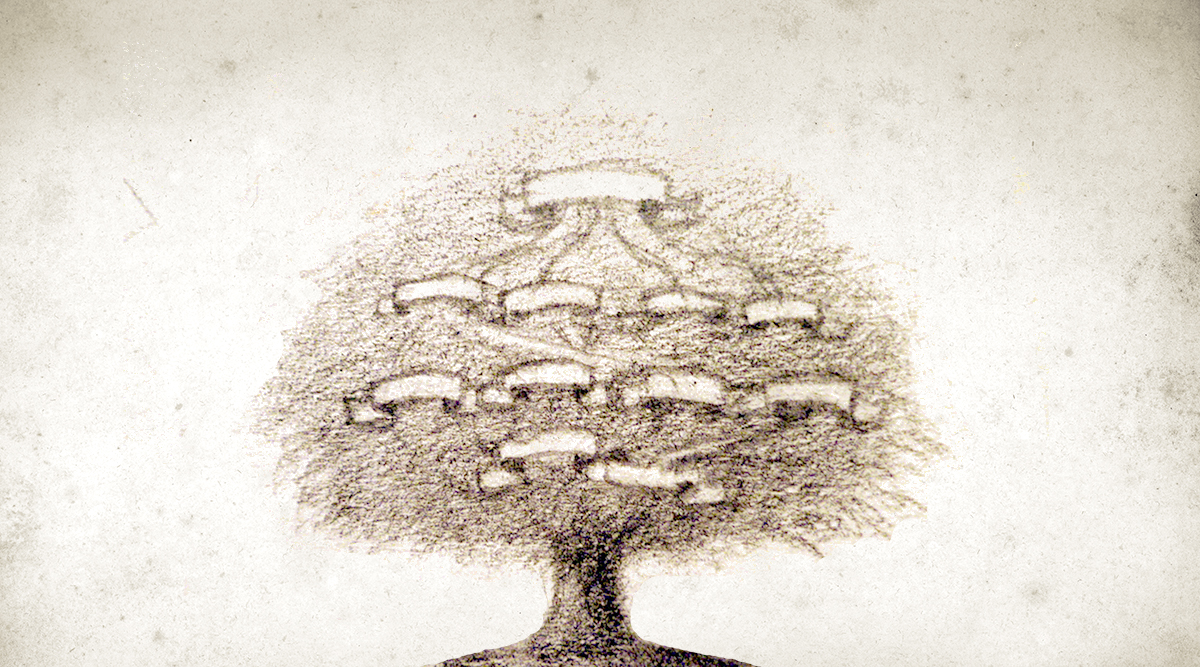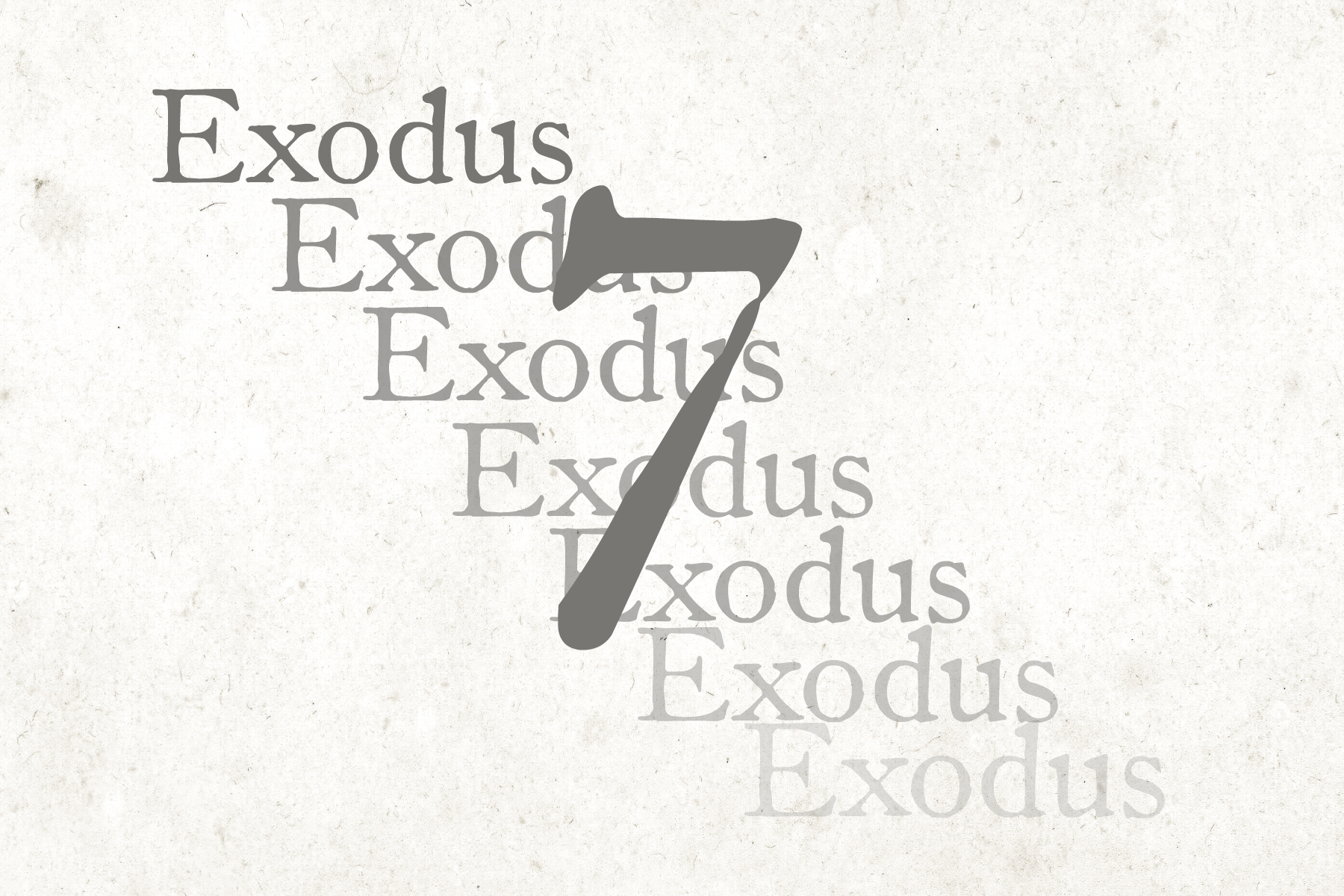
What does your family tree look like? I am not so concerned about your biological family tree. Frankly, that is of very little interest to me. I'm interested in your spiritual family tree. From where did you come spiritually? Who shared the faith with you? And who shared the faith with them? If you are a believer, you are in a long line dating all the way back to Abraham. But even more importantly, what does your spiritual family tree look like going forward? What growth is budding off of your branch?

Discouragement. Fear. Doubt. These three harbingers of anxiety may not have been Paul's “thorn in the flesh” but for most of us they remain as constant reminders of a fallen world still in need of mending. At the same time these negative emotions give us ample opportunity to look to our God of grace who wastes no suffering, but uses it instead to grow us in ways we would have never chosen for ourselves.

Why study shadows when we have the Son? That’s a question I’m often asked when I’m trying to promote more reading of the Old Testament. The question is usually focused specifically upon typology. Why study the types when we have the anti-type? It’s a valid question and if there is no satisfactory answer then the Old Testament, or large parts of it, are going to continue to gather dust. But I believe there is a satisfactory answer, six answers in fact.

When I was a freshman student in Bible college I had a conversation with a senior who was excited to graduate and plug into pastoral ministry. One day he said to me, "I don't need this theology crap. I just need my degree so I can get to work." I was shocked then, but am concerned because I have repeatedly heard similar sentiments over the years from people entering or are already in the pastorate. For them, theology is at best an unnecessary garnish on the plate of ministry.

The overarching themes of the Exodus principle are hardship, deliverance and blessing. We might also label them as, suffering, salvation and glory. We observed how both certain individuals in redemptive-history and the nation of Israel experienced a displacement, of sorts. They were removed from the place of blessing – the promised land or the promised people in Peter’s case. In their time away from the place of blessing, they find themselves amongst pagans and suffering at the hand of pagans. God’s people cry out to him and he delivers them from oppression, granting them great material and or spiritual blessing as they are saved.




















 © Alliance of Confessing Evangelicals
© Alliance of Confessing Evangelicals


